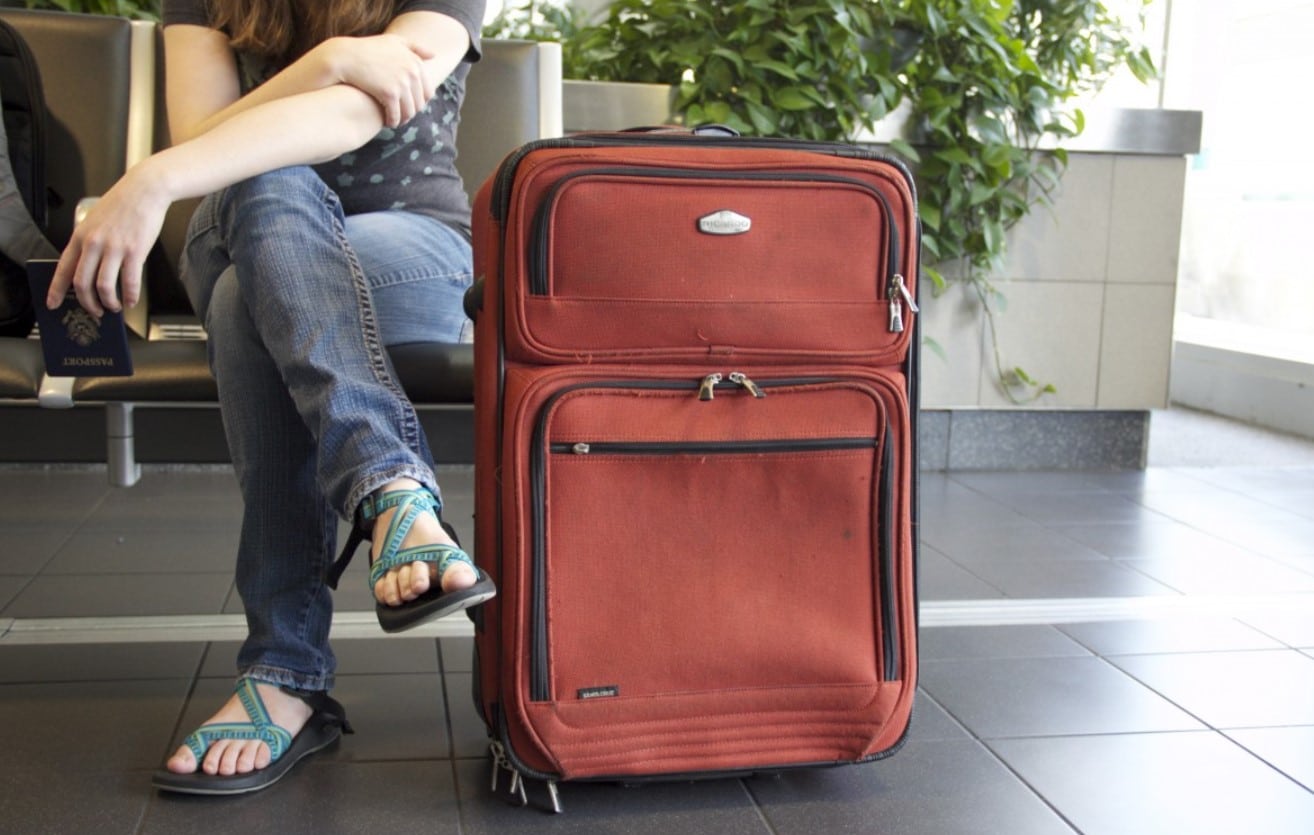The International Air Transport Association (IATA) has condemned a recent decision by the Spanish government to eliminate cabin baggage fees for passengers.
The Spanish government also imposed fines totalling €179 million on airlines operating in the country.
The move, according to IATA, contravenes European law, which protects pricing freedom, and undermines consumer choice and competition.
“This is an appalling decision,” said Willie Walsh, IATA’s director general.
“Far from protecting the consumer interest”, Walsh continued, “this is a slap in the face of travellers who want choice”.
The IATA chief also stated that “prohibiting all airlines from charging for cabin bags means that the cost will be automatically priced into all tickets”.
Walsh likened this decision to “forcing all hotel guests to pay for breakfast” and “charging everyone to pay for the coat-check when they buy a concert ticket”.
“EU law protects pricing freedom for good reason,” Walsh said, adding that “airlines offer a range of service models, from all-inclusive to basic transport”.
“This move by the Spanish government is unlawful and must be stopped,” he added.
IATA emphasised that pricing freedom allows airlines to cater to a range of traveller preferences and budgets, fostering a competitive and consumer-focused marketplace.
Independent polling by Savanta, commissioned by IATA, revealed strong consumer satisfaction among Spanish travellers, with 97 per cent expressing contentment with their last trip.
The findings highlighted that 65 per cent of Spanish air passengers prefer to pay the lowest possible fare and add services as needed.
Furthermore, 66 per cent believe there is sufficient transparency around fees, while 74 per cent feel well-informed about airline offerings.
“Consumers want choice and value for money. This law would remove both,” said Walsh.
Furthermore, IATA said that the latest Eurobarometer survey corroborates these findings, with 89 per cent of travellers across Europe confirming they are well-informed about baggage allowances.
IATA argued that the availability of diverse airline business models, including ultra-low-cost carriers (LCCs), has made air travel more affordable for lower-income groups.
The association also said that cabin baggage fees, a “key source of ancillary revenue”, play a pivotal role in sustaining the LCC model.
This is not Spain’s first attempt to regulate cabin baggage fees. A similar move in 2010, based on an outdated Spanish law enacted during Franco’s regime, was overturned by the European Court of Justice (ECJ). The ECJ upheld EU Regulation 1008/2008, which protects pricing freedom.
Spain’s latest action relies on a different national law, but IATA believes it will face the same fate.
“They failed once, and they will fail again,” said Walsh.
“Consumers deserve better than this retrograde step which ignores the realities of today’s travellers,” he added.
Walsh also said that “Spain’s tourism industry, which contributes nearly 13 per cent of GDP and relies heavily on budget-conscious air travellers, stands to lose significantly”.
Walsh called on the European Commission to intervene, stating that “the EC needs to urgently step up and defend its laws, which deliver benefits to consumers by protecting pricing freedom”.
Beyond legal and economic concerns, IATA underscored the operational impact of eliminating cabin baggage fees.
Boarding times, it mentioned, increase when passengers bring additional hand luggage, potentially reducing the number of flights an aircraft can make in a day.
For short-haul operations, where profitability is tied to aircraft utilisation, these delays can have a significant financial impact, the association pointed out.
“Carrying cabin bags has a cost associated with it,” said Walsh.
“Everyone paying more for less choice is the worst possible outcome that a regulation could deliver,” the IATA chief concluded.






Click here to change your cookie preferences